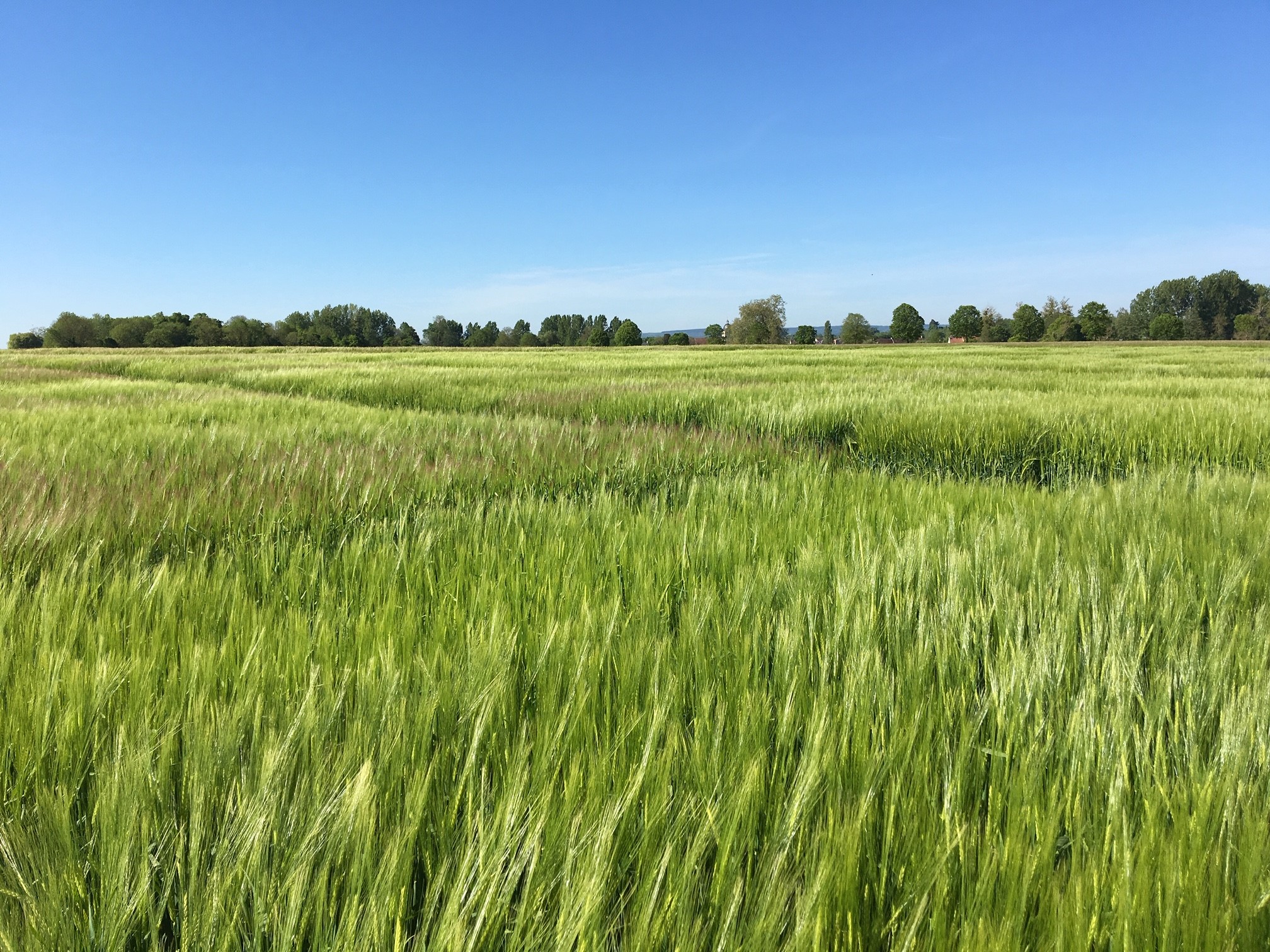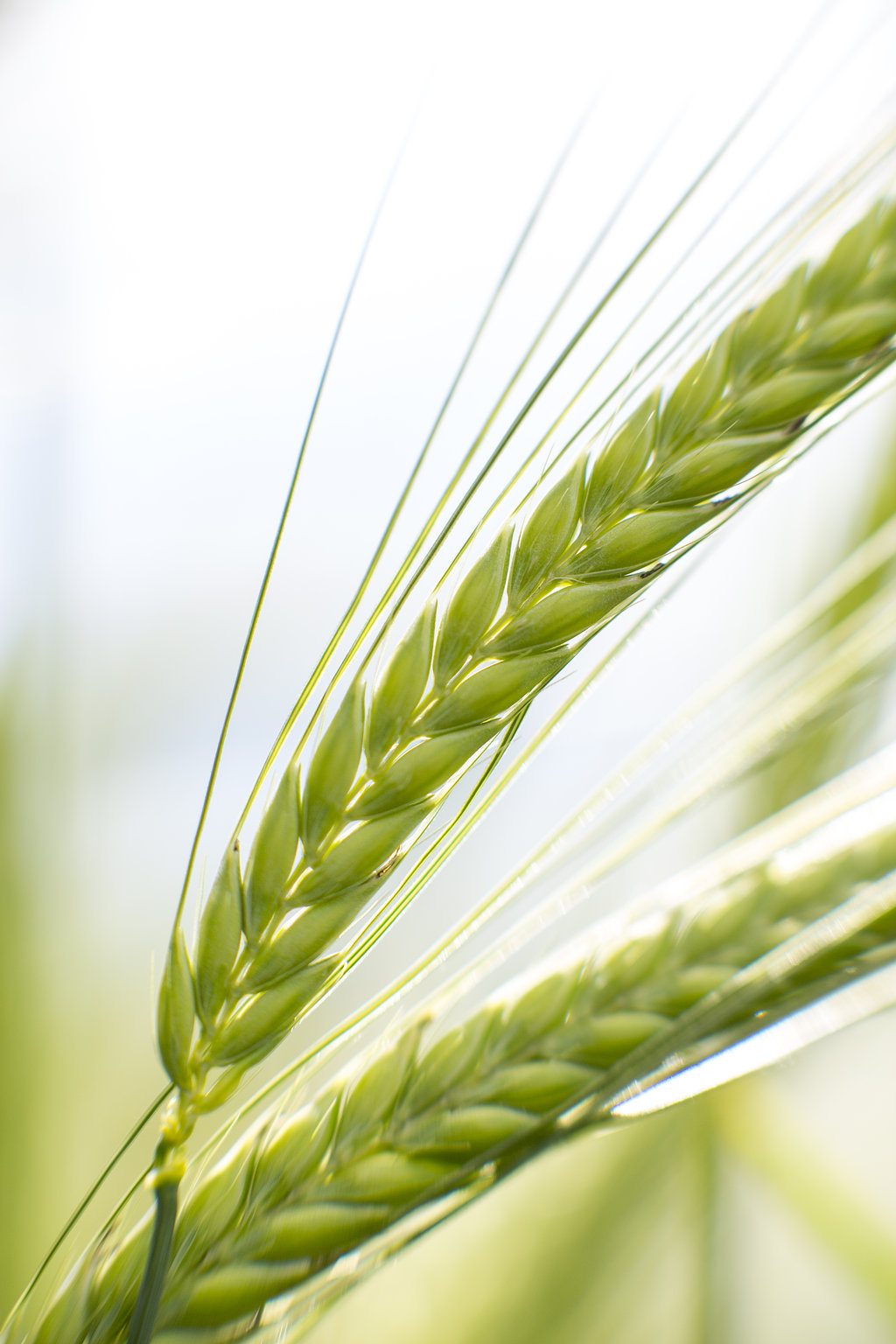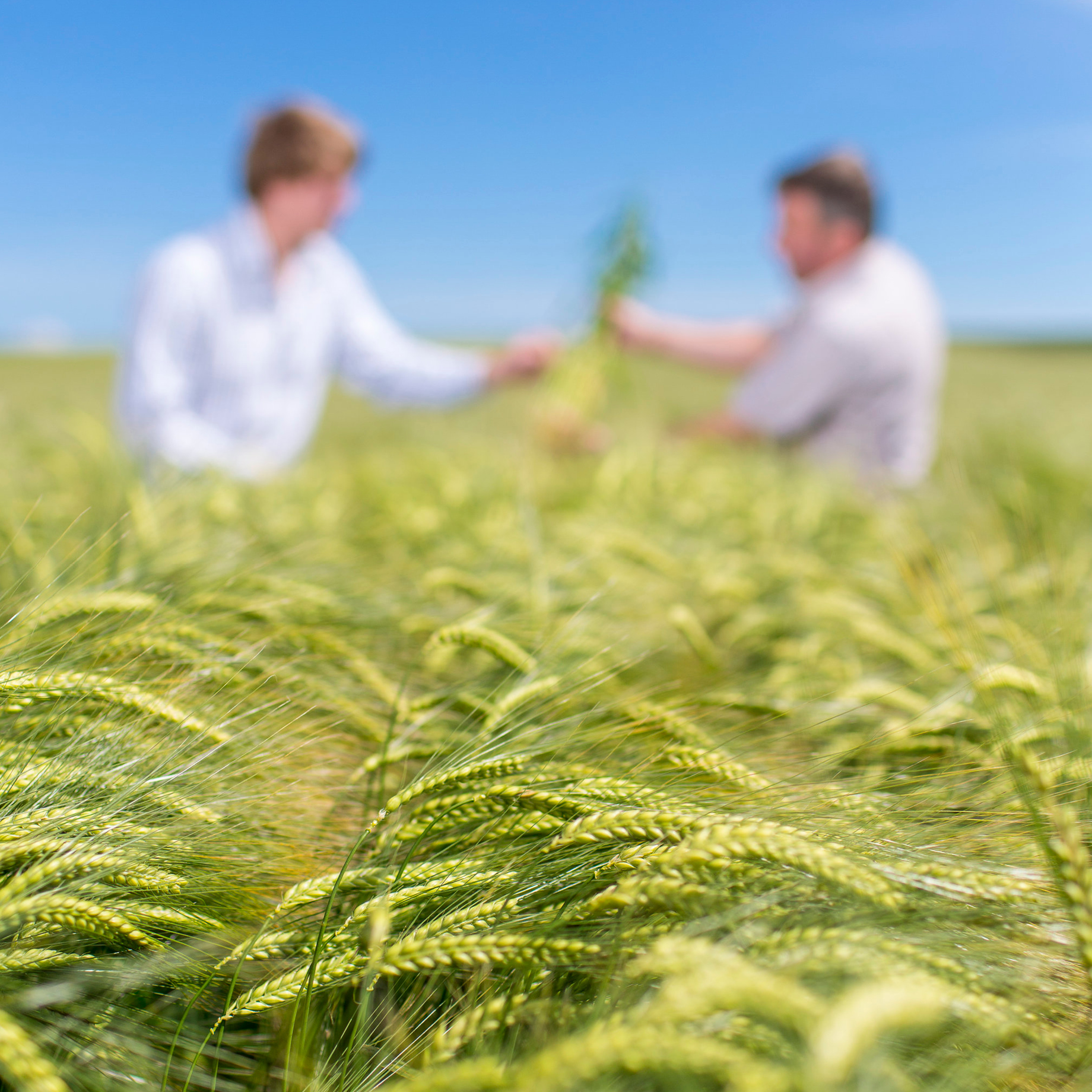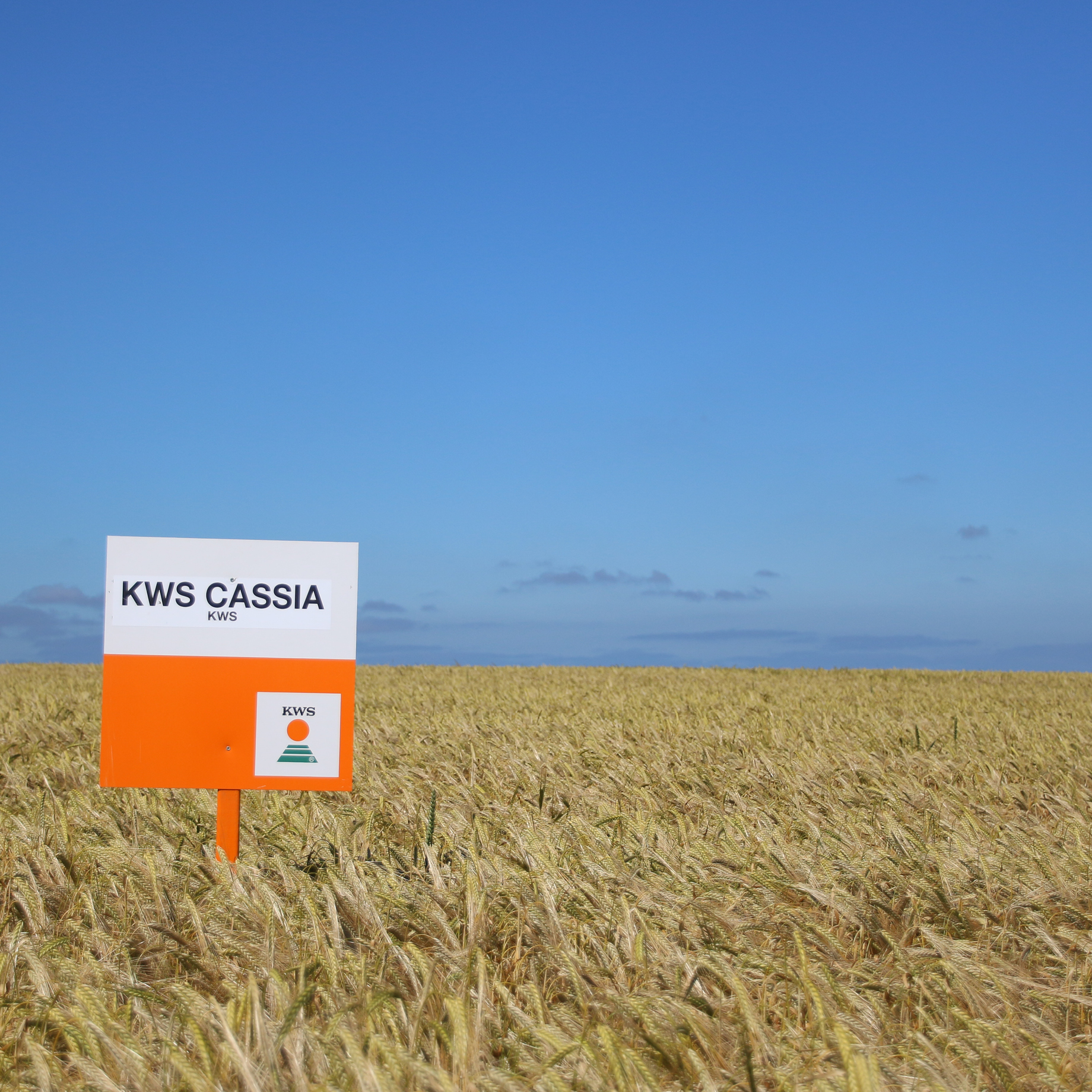From a merchant’s perspective, Simon Minns of North Yorks-based grain and seed merchants James Mortimer, believes Hawking will have considerable appeal to growers and the trade with the potential to become the leading two row barley variety in some regions.
“Hawking is a logical step forward for many producers as it offers the same short straw length as Orwell to provide security of harvest, but with yields on par with Gimlet. It’s the best of both worlds.
“I can see a lot of Orwell growers moving over to Hawking but there will also be those from other varieties as it doesn’t require the same attention to detail around PGR use as others and that’s a big bonus for many.”
The trade will take to it very quickly, too, not just because of the variety’s versatility and performance but also as its appeal is easy for growers to understand, he adds.
“It’s the complete all-round package. A strong variety from a well-recognised and successful breeding programme allied to class-leading security of harvest, high yield and improved disease resistance.
“I honestly don’t think there are too many drawbacks with Hawking, and I imagine it will be in demand from mixed farmers and purely arable producers, alike.
“I wouldn’t be surprised if it builds considerable market share quite rapidly and in an important barley growing area such as ours, it could easily become the leading two row variety in the short to mid-term.”
North Yorks grower, Derek Cornforth is a long-standing supporter of KWS varieties and has, in fact, grown 90% of KWS’ two-row and six-row varieties on his light chalky soils at East Heslerton Wold Farm – KWS’ product development trials site.
But after being particularly impressed with KWS Hawking in his trial plots last season, he’s selected the variety as his commercial crop this year.
“Every year, the newest variety has been a little bit better than its predecessor,” explains Derek. “In this part of the world, Cassia has always been our benchmark for quality and performance, but Hawking has proven to be slightly better for us – mainly due to earlier maturity and higher yields.”
The yield advantage has been so much so, that in his trials last year, KWS Hawking produced an impressive 1.5t/ha more than Cassia – with a total yield of 10.7t/ha (based on a 1ha trial plot), he adds.
With altitude being a key factor for consideration when it comes to selecting commercial varieties, ensuring good standing strength and yield are top priorities, he adds. “Because of our altitude, we often drill at a quite high seed rate – over 400 seeds/m² – but having good standing power embedded in the variety really helps.”
“Spring comes a lot later here too so having something that’s a bit earlier is really advantageous.”
Straw quality is also really important, adds Derek. “Our barley straw goes for horses or small bales for rabbits so it’s important that the variety allows us to supply those outlets.”
Agronomy wise, Derek uses a basic broad-spectrum programme, and says there’s nothing particularly to be aware of in terms of managing the variety. “KWS Hawking ticks all of the boxes we need for a commercial variety – it’s just a great all-rounder.”





